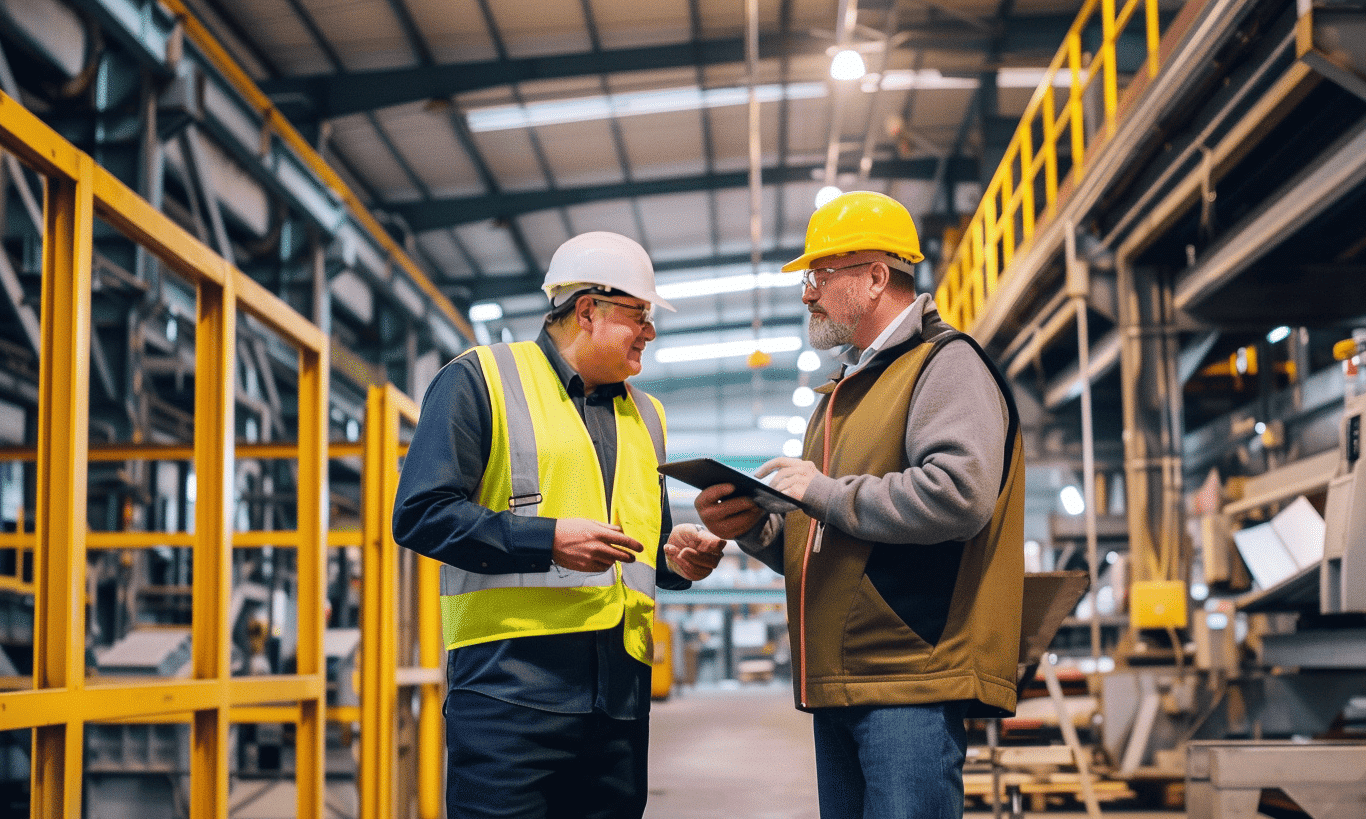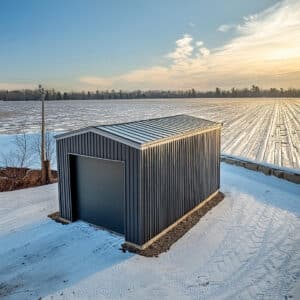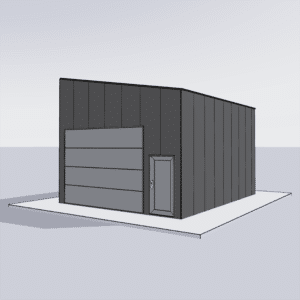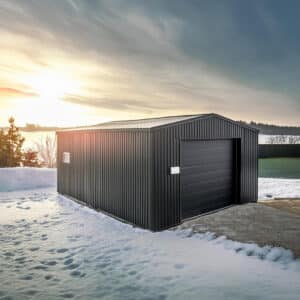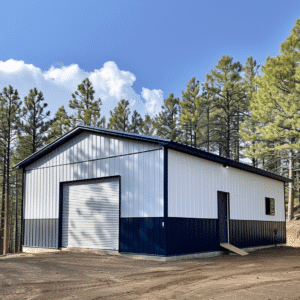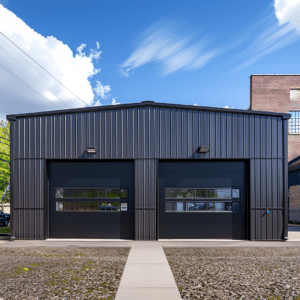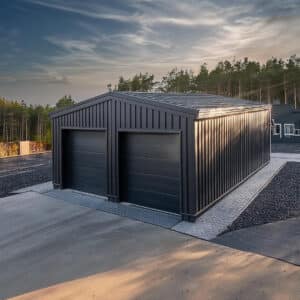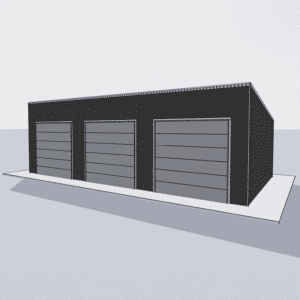When you think about environmentally friendly construction, images of towering glass structures filled with lush greenery might come to mind. However, one of the most eco-friendly materials often gets overlooked: steel. In recent years, steel buildings have surged in popularity, not just for their durability and versatility but also due to their potential to meet the highest sustainability standards, notably through LEED certification. This guide will delve into how you can transform your steel building into a beacon of sustainability by achieving LEED certification, with a focus on practical steps and insightful tips.
What is LEED Certification?
At its core, LEED, or Leadership in Energy and Environmental Design, is a globally recognized green building certification program. Developed by the U.S. Green Building Council, it provides a framework for healthy, efficient, and sustainable building design. But what makes LEED certification particularly appealing is its applicability across different types of projects, from homes to industrial processing buildings. For more details on LEED certification, you can explore the LEED Certification Overview.
Why Pursue LEED Certification for Your Steel Building?
Pursuing LEED certification for your steel building is more than just a badge of honor; it’s a commitment to sustainability. Steel’s inherent properties, such as recyclability and durability, align perfectly with green building principles. When you opt for LEED certification, you are not only enhancing the environmental performance of your building but also reaping benefits like improved air quality, reduced energy consumption, and increased property value.
The Role of Steel in Achieving LEED Certification
Steel, known for its strength and versatility, also stands out for its environmental benefits. It’s 100% recyclable, significantly reducing waste. Additionally, steel buildings can be designed to optimize energy efficiency, a key component in the LEED certification process.
Green Steel Building Solutions
Steel’s recyclability is a cornerstone of sustainable building practices. By choosing steel, you’re opting for a material that can be reused and repurposed, contributing to a circular economy. To explore more about innovative green building practices using steel, check out Green Steel Building Solutions.
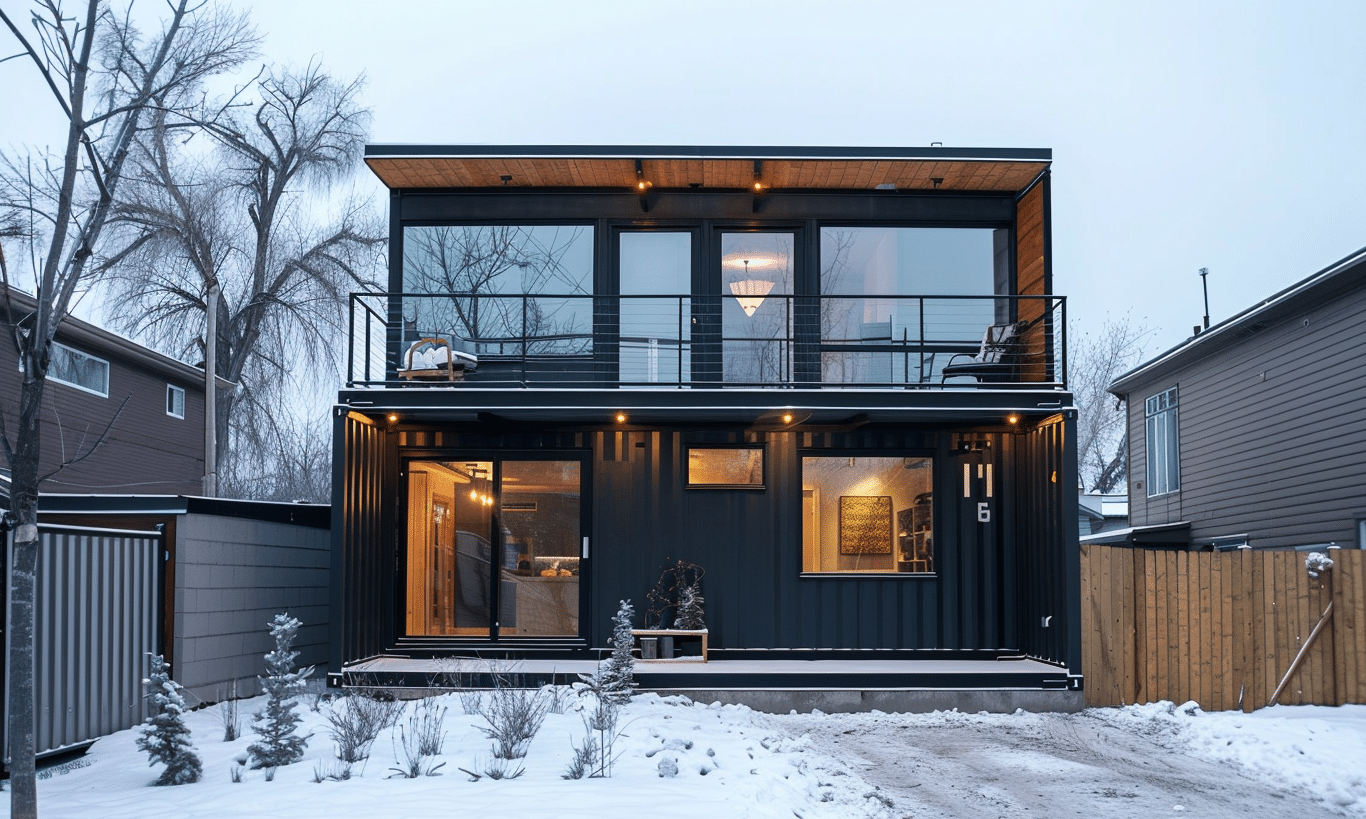
Energy-Efficient Steel Design
One of the quickest routes to gaining LEED points is by enhancing your building’s energy efficiency. By incorporating advanced insulation materials, energy-efficient HVAC systems, and optimal design strategies, you can significantly reduce your building’s energy footprint. Learn more about designing Energy-Efficient Steel buildings to maximize LEED points.
Steps to Achieve LEED Certification for Steel Buildings
Navigating the LEED certification process might seem daunting, but with a clear roadmap, it becomes manageable.
1. Understand LEED Rating Systems
LEED certification encompasses various rating systems, each tailored to different project types. Whether your focus is on new construction, existing buildings, or industrial processing buildings, familiarize yourself with the applicable rating system to guide your certification journey.
2. Conducting a Pre-Assessment and Setting Goals
Begin with a pre-assessment to evaluate your current building status against LEED criteria. This will help you set achievable targets and prioritize sustainable features, ensuring a strategic approach towards certification.
3. Sustainable Site Development
LEED prioritizes site selection and development practices that minimize environmental impact. Strategies may include using native plants for landscaping, managing stormwater effectively, and reducing light pollution from your building.
4. Energy and Atmosphere
This category is pivotal: improving energy performance, optimizing building systems, and utilizing renewable energy can score high in LEED points. Consider energy modeling simulations to explore the most effective improvements and innovations for your building.
5. Materials and Resources
Given steel’s eco-friendly attributes, this section is where your building can truly shine. The emphasis is on using recycled materials, reducing waste, and promoting resource reuse. A well-thought-out recycling policy and responsible sourcing of steel materials can boost your score.
The Environmental Benefits of LEED Certified Steel Buildings
LEED-certified steel buildings embody sustainability through reduced carbon footprints and enhanced energy efficiency. The long-term environmental benefits include decreased greenhouse gas emissions, conservation of natural resources, and support for a healthier environment, all contributing to the larger goal of sustainability. For further insights, explore the Environmental Benefits of Steel Buildings.
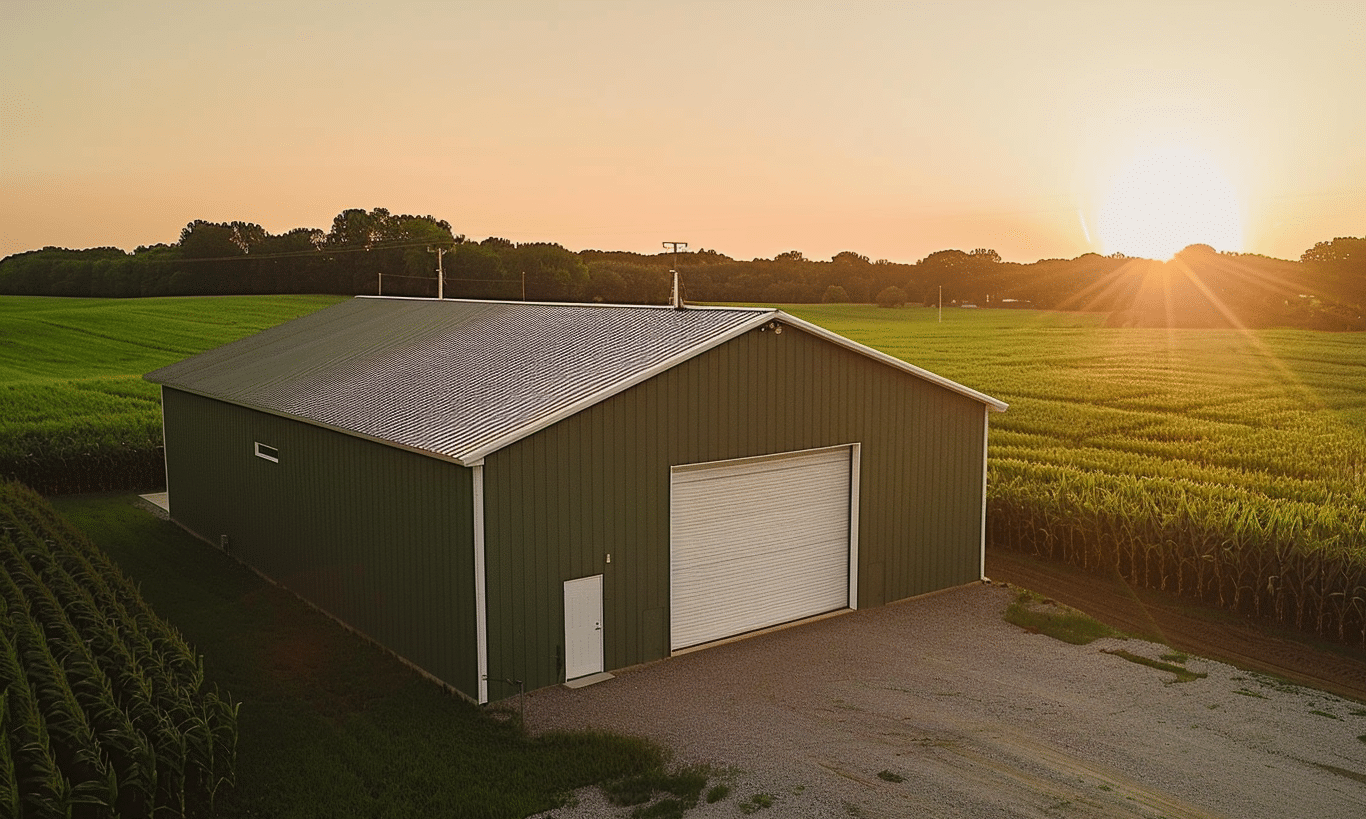
Case Study: Industrial Processing Buildings and LEED Certification
Consider the unique demands placed on industrial processing buildings, where energy efficiency and sustainability must balance against operational needs. By focusing on innovative design elements and sustainable operations, these structures can achieve LEED certification, demonstrating that productivity and sustainability can coexist. Check out more examples of industrial processing buildings that have embraced sustainability.

Conclusion: The Path to a Truly Green Steel Building
As we wrap up this comprehensive guide, it’s clear that LEED certification offers a pathway to making steel buildings not only strong and enduring but also environmentally responsible. By embracing sustainable practices and leveraging the innate properties of steel, you can position your building as a leader in the green building movement. Ultimately, achieving LEED certification is not just about the points but about contributing to a sustainable future. So, are you ready to make your steel building truly green? The journey to sustainability is not only beneficial for the planet but also profitable and efficient for your projects.


